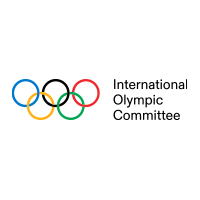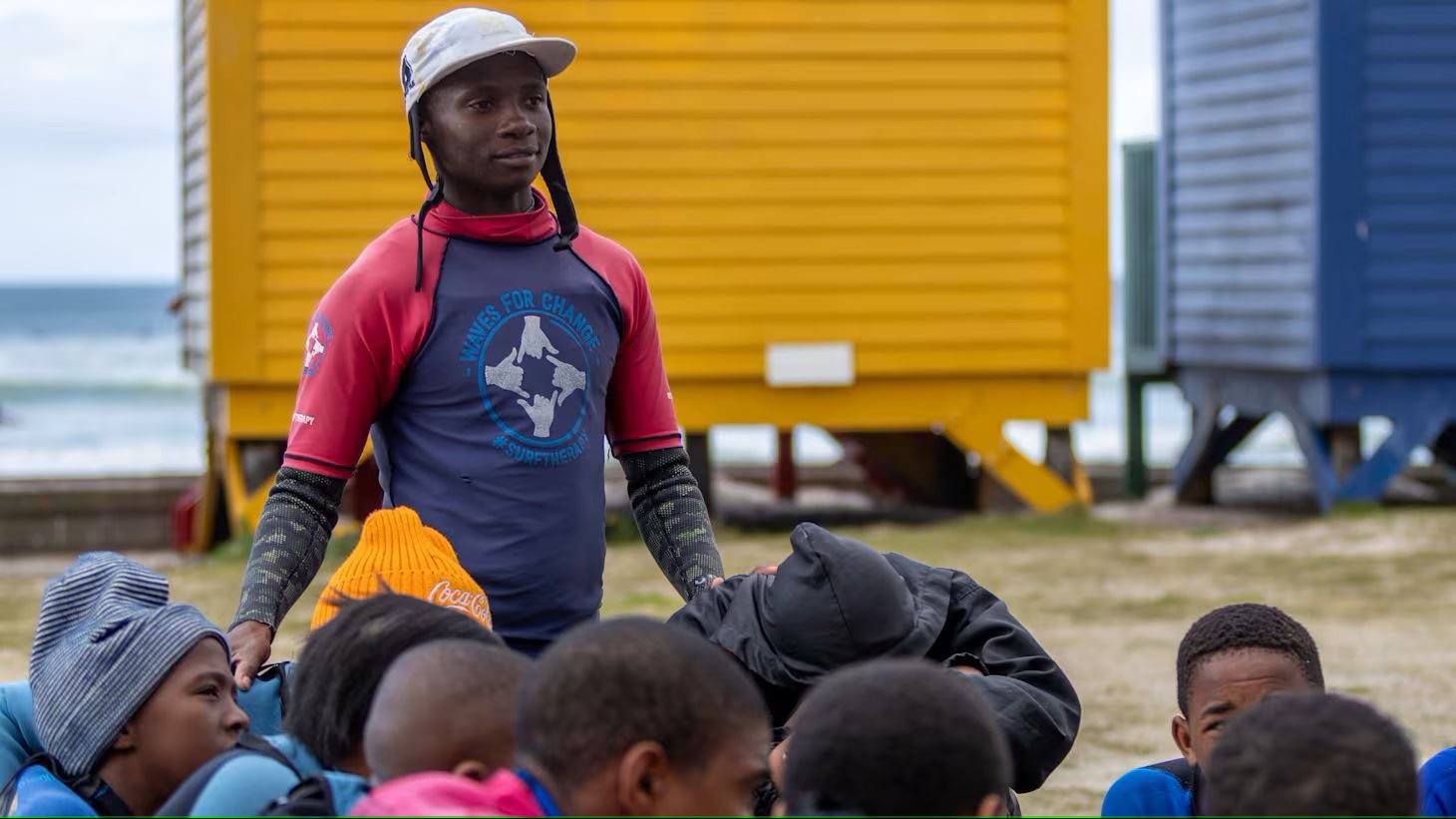24 April 2024 - The International Olympic Committee (IOC) and Laureus Sport for Good have announced a ground-breaking collaboration that will see both organisations each invest USD 1 million into a two-year programme to advance youth education and employability through sport in Africa.
Addressing local needs
The IOC and Laureus are working with key African sport and social development institutions to address the fact that one in four young people in Africa are not in formal education, employment or training. This aligns with the United Nations (UN) Sustainable Development Goals (SDGs) 4 and 8, and the African Union’s Agenda 2063 Aspiration 1, which are focused on inclusive growth, quality education and full and productive employment for all.
Sport Impact, the African Union Sports Council (AUSC), the French Development Agency (AFD), the Sport for Social Change Network Africa (SSCNA), the Organisation for Economic Cooperation and Development (OECD) and the Association of National Olympic Committees in Africa (ANOCA) are playing an advisory role to ensure the impactful and sustainable implementation of the activities.
In establishing this new collaboration, the IOC and Laureus also consulted extensively with 36 local, continental and global organisations to identify needs, opportunities and solutions for strengthening youth education, employability and sustainability through sport within Africa.
“We are looking forward to working with a network of locally-led organisations that are using sport to develop young people’s transferable skills, so that they are better equipped to take up jobs and entrepreneurial opportunities”, said Matlohang Moiloa-Ramoqopo, an IOC Member, the Chair of the ANOCA Gender Equality Commission, and an IOC Olympism365 Commission member.
The growth of the sport industry and events in Africa, including the Dakar 2026 Youth Olympic Games, provides a unique opportunity for the continent’s youth population. By bringing together leading youth-focused organisations, this collaboration will also provide a forum for exchange of learning and good practices that can be replicated and scaled to other regions and contexts.
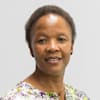
Matlohang Moiloa-Ramoqopo, IOC Member, Chair of the ANOCA Gender Equality Commission, and IOC Olympism365 Commission member
Bryan Habana, a Laureus Academy Member and South African rugby legend, commented: “This new collaboration with the IOC, alongside dozens of other organisations, is both important and timely because this is a critical moment where we can work together through sport to create jobs and opportunities, and to build sustainable, healthy and productive lives for young people in Africa. Through Laureus' programmes, we've seen the growth of so many young people, some who become coaches and then develop key skills that help them get jobs within and outside sport".
Sharing knowledge and extending impact
Several sport-based projects have already been engaged, such as the Malaika Community Centre – a facility in Kalebuka, a village in the south-eastern Democratic Republic of the Congo.
Since opening in 2013, the Malaika Community Centre has offered health, literacy and sports programmes to more than 5,000 youngsters and adults in Kalebuka and the surrounding area, including a vocational training programme offering tuition in electrics and mechanics. The centre also hosts the Mama Ya Mapendo programme, which sees an intergenerational group of women create bags and accessories locally that are then sold in markets around the country, returning the profits back to the women. In addition, outreach programmes are offered to surrounding villages on sexual and reproductive health and rights, malaria prevention and social development, including through sport-based curriculums and activities.
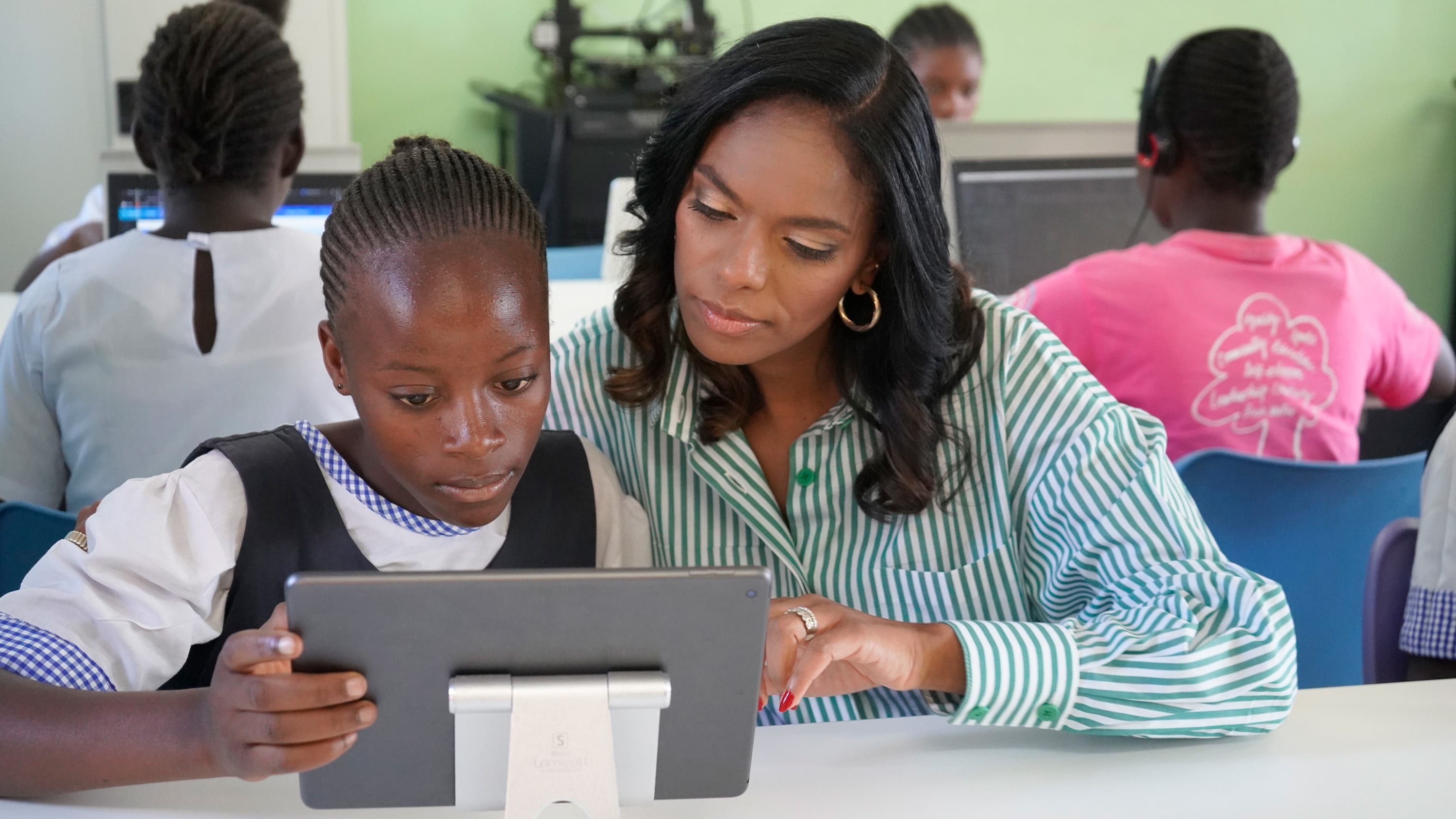
“We’re excited to be a part of this innovative, cross-sector collaboration to support young people across the continent,”, said Noella Coursaris Musunka, Founder and CEO of Malaika. “At Malaika in DRC, we know the positive role that sport has on our young people – and we’re excited to see different groups, with different experiences, come together across Africa to explore how we can do more for the future of our kids and communities through sport”.
New partnership driven by Olympism365
The new collaboration with Laureus Sport for Good contributes to the IOC’s Olympism365 strategy, which brings together a range of organisations from both inside and outside the Olympic Movement to strengthen the role of sport as an important enabler for the UN SDGs, and be a catalyst for collective action and innovation, helping to realise the potential of sport as a force for good.
This aligns with this year’s IOC campaign for the International Day of Sport for Development and Peace (IDSDP), celebrated globally on 6 April, which is highlighting efforts to innovate how sport and Olympism can contribute to building healthier, safer and more peaceful and inclusive societies, particularly at a time when the world is facing so many challenges.
To learn more about the activities and initiatives that the IOC is supporting through Olympism365, subscribe to the new Advancing Olympism365 newsletter by clicking here. The first edition of the newsletter will come out on 30 April.
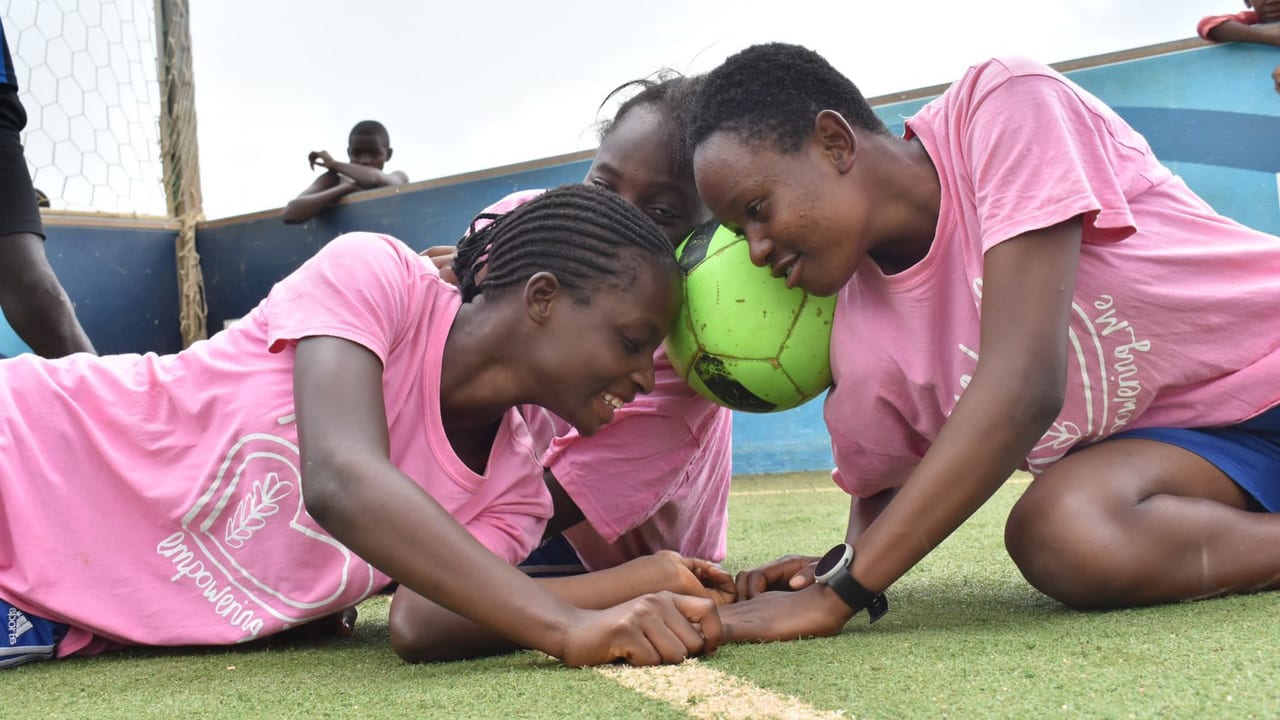
About Laureus
Laureus is a global movement that uses the power of sport to transform the lives of children and young people. In 2000, Laureus’ founding patron, Nelson Mandela, said: “sport has the power to change the world,” and these words have become the philosophy of Laureus and the driving force behind its work. Since 2000, Laureus Sport for Good has used the power of sport to change the lives of over six and a half million young people, and currently supports more than 260 programmes in over 45 countries, with each programme using sport to help young people overcome violence, discrimination and inequality. For more information, visit laureus.com
